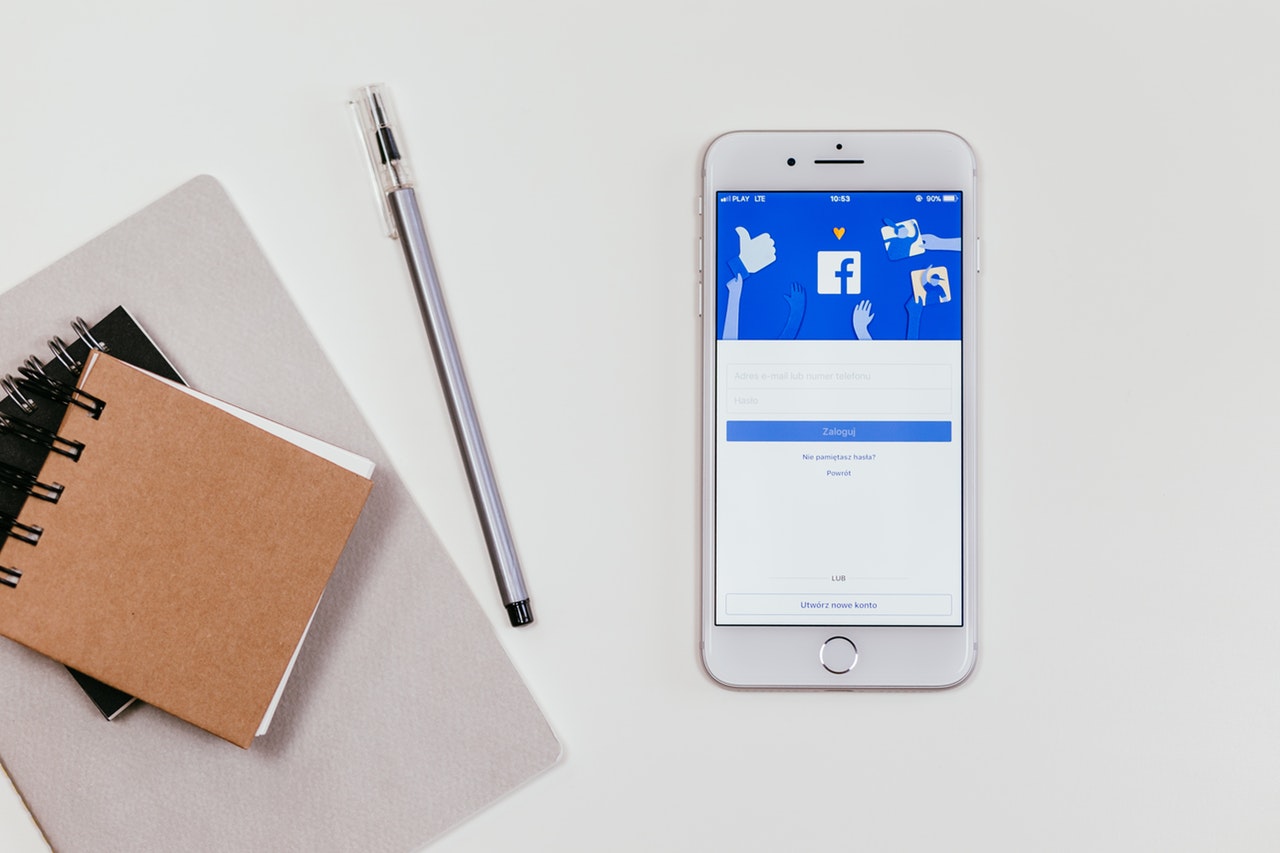Facebook groups make it easier than ever to connect with your target customers, learn their lingo, and get insider knowledge on their pain points and desires. They’re also the only free way to get your content into the news feeds of people who don’t follow you (versus paying for boosted posts and Facebook ads, and targeting your ideal customers).
But as a savvy marketer, you’re probably worried about the ROI on marketing to Facebook groups. It’s true that networking within Facebook groups takes more manual effort than running social ad campaigns, and every group has different dynamics so it can be tough to measure.
Are Facebook Groups Right for You?
When you’re considering whether Facebook group marketing is right for your B2B business, it’s best to start by considering your target audience. Some types of users are more active on Facebook than others, so if your prospects meet the following criteria, Facebook groups may be a good strategy for you.
Here are some stats about Facebook users in 2018:
- They’re young to middle-aged. Facebook is the preferred social media platform for audiences between 18-44.
- They’re global. A whopping 85 percent of Facebook users are outside of the US and Canada — with India, Brazil, and Indonesia topping the list.
- They’re into professional networking. Though LinkedIn still takes the lead when it comes to B2B networking, 58% of Facebook users are connected to colleagues, which could translate into a good chance of finding prospects through referrals and word-of-mouth.
- They’re educated. At least 62% of Facebook users have some college education.
If many or most of the above sound like your main prospects, you may be able to find qualified leads through Facebook groups. If your prospects tend to be older or less active on social media, however, you may be better off orienting your strategy in a different direction.
But if you’re ready to take the leap, here’s how to get the most out of Facebook group marketing.
Join the Right Groups (Or Start One of Your Own)
You can find groups in two ways: by searching keywords, or by clicking “Groups” and then “Discover” from the sidebar navigation. Before joining a group, get a clear understanding of the group’s rules and etiquette. If you’re hoping to be able to share links to your website or YouTube channel but a group strictly forbids any kind of promotion, you’re better off finding another group than risking getting banned.
Another approach is to build a group around your own product, service, or industry. While this will require more legwork in terms of curating content, moderation, and drawing in members, it can be a powerful branding tool (and ultimately, a lead generator).
Introduce Yourself Smartly
You only get one chance at a first impression, as they say, so make it count! Take some time to write up an introduction that’s succinct and interesting. Personalize it with some interesting facts about you (not just your business), since people are far more likely to engage with a human than an entity. And add a professional photo to your post, because visual Facebook posts get 2.3 times more engagement than written posts.
Take Cues from Others
Much like you would in a face-to-face interaction at a networking event, get a feel for a Facebook group’s dynamics before you jump in and start posting.
Check the following:
- How frequently people post
- What types of posts are getting the most engagement (videos, photos, or written content)
- What kind of tone the other members are using
In terms of the actual posts you write, make them as relevant and interesting as possible. Because people are spending less time on Facebook (and all social media, for that matter) than they did three years ago, it’s more important than ever that your content is the best it can be.
Stay Focused
One last note. Facebook is designed to be a time-waster — it’s architected to pull you in and keep you there. So if you do opt to use Facebook groups for your B2B marketing, go in with a plan, execute the plan, and get out.
Tips for Marketing Successfully in Facebook Groups
Marketing yourself successfully in a Facebook group is every bit as artful as relationship-building in real life. You’ll need a balance between what you give and what you request from others, and the social smarts to tell when you’re coming across as genuine versus spammy or fake.
You’ll also need to have a genuine interest in what others are doing and saying — and if you don’t, this could signal that you’ve chosen the wrong group and need to focus your efforts elsewhere.
Whether Facebook groups are part of your 2018 B2B marketing strategy or not, it’s helpful to remember this: we live in a time of unprecedented opportunities for connection, which also means there’s a lot of talking going on. Stay focused on the quality of your interactions rather than the quantity, and you should see powerful results from your engagements no matter the platform.
